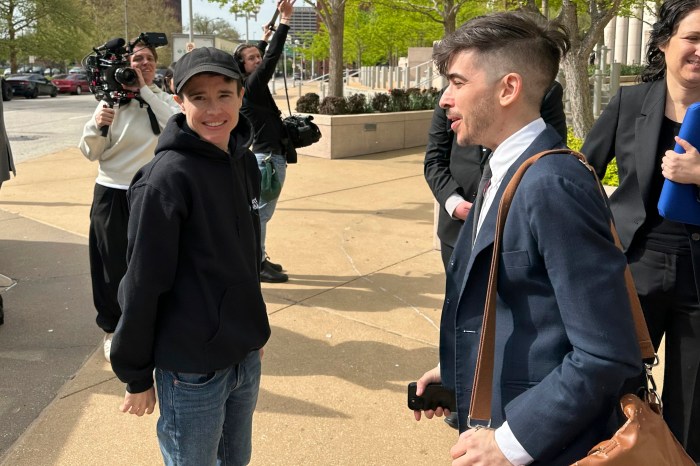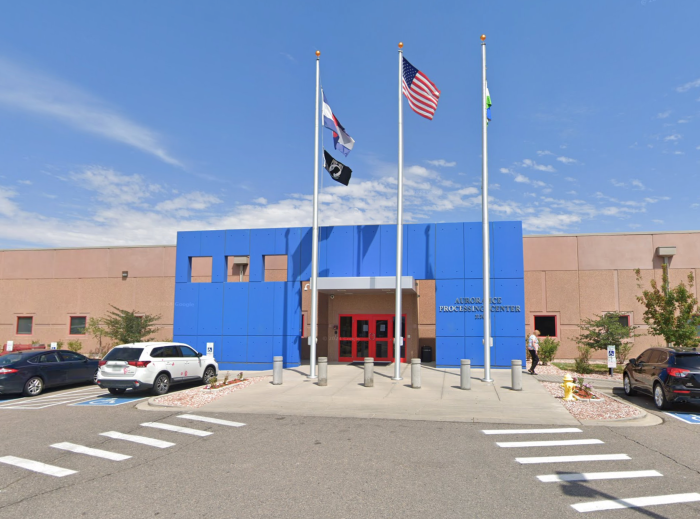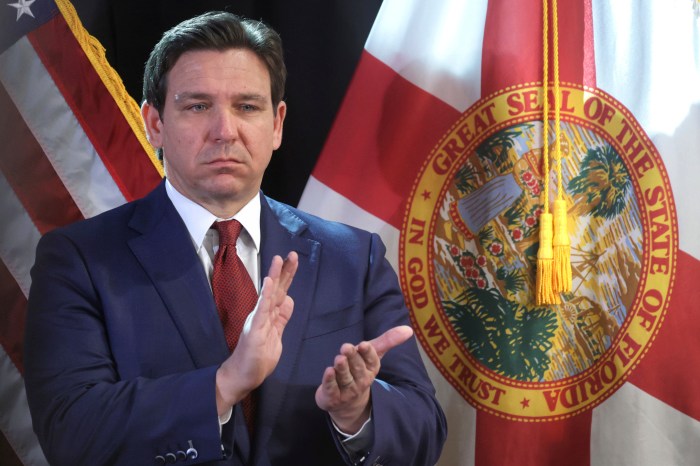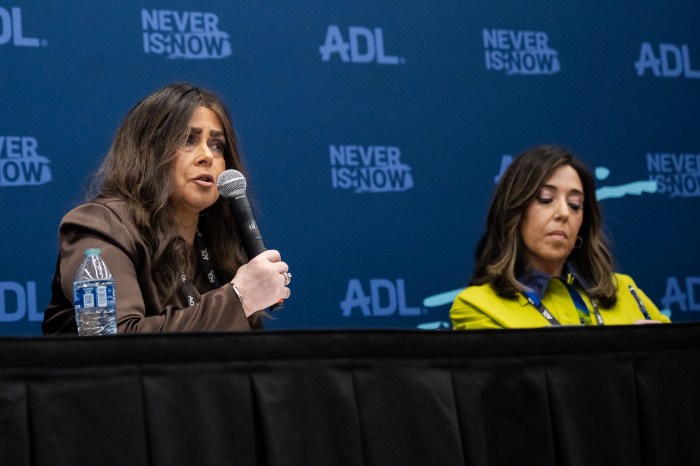Justice Antonin Scalia faces the prospect of abandoning his own pronouncements in order to get the position he’s committed to on marriage by same-sex couples. | US SUPREME COURT
In his 2003 dissent in Lawrence v. Texas, the US Supreme Court case that struck down sodomy statutes in the 13 states that still had such laws, Antonin Scalia, a conservative justice, excoriated the majority for undoing the justification for many laws.
“Countless judicial decisions and legislative enactments have relied on the ancient proposition that a governing majority’s belief that certain sexual behavior is ‘immoral and unacceptable’ constitutes a rational basis for regulation,” Scalia wrote, citing the decision in Bowers v. Hardwick, a 1986 US Supreme Court decision that upheld the sodomy laws then in force in 24 states. “State laws against bigamy, same-sex marriage, adult incest, prostitution, masturbation, adultery, fornication, bestiality, and obscenity are likewise sustainable only in light of Bowers’ validation of laws based on moral choices.”
This spring, the court will hear a challenge to the section of the Defense of Marriage Act (DOMA) that bars federal recognition of same-sex marriages and will also review a 2010 federal court ruling that struck down Proposition 8, a 2008 ballot initiative that eliminated the right of gay and lesbian couples to wed in California. An appeals court later upheld the 2010 ruling.
While few expect Scalia to rule for gay marriage in either case, how does a justice who admits that the central justification for disfavoring homosexuality is gone argue for continuing to disfavor homosexuals?
“[T]here is a certain logic to the syllogism that (1) Scalia criticized Lawrence for repudiating precedent; (2) that Scalia said the logic of the majority opinion in Lawrence left no principled argument for rejecting gay marriage; and (3) therefore, Scalia must vote in favor of gay marriage,” wrote Michael J. Klarman, a law professor at Harvard University, in an email. “[T]here is no chance he will do so. Indeed, he has publicly stated on more than one occasion that the constitutional case for gay marriage is ‘absurd.’”
Scalia’s Lawrence dissent has been cited by proponents of same-sex marriage and by judges who ruled for those proponents.
“We’ve seen a number of judges make this observation,” said Susan Sommer, director of constitutional litigation at Lambda Legal, a gay rights law firm. “It will be very interesting to see how Justice Scalia reconciles what he said in his Lawrence dissent with his quite obvious reluctance to accord any protections to same-sex relationships.”
Scalia, or any US Supreme Court justice, is not required to follow prior decisions nor must he be consistent. He could argue that by ruling against the gay community in both cases, he is being consistent in that he still believes that homosexuality should be legally penalized.
“It seems very unlikely that Justice Scalia would accept that Lawrence is precedent he has to agree with,” wrote Paul M. Smith, a partner at Jenner & Block, LLC, a Washington, DC law firm, who argued for the winning side in the Lawrence case. “If he does not, then the problem created by his dissent goes away.”
His Lawrence dissent is not the only potential obstacle for Scalia. Justices on the court have repeatedly asserted that the federal government is limited in its power to direct the states. DOMA is the only example of the federal government refusing to recognize legal marriages that are sanctioned by state governments. That refusal is due solely to the spouses being gay or lesbian. Prior to DOMA’s enactment in 1996, the federal government relied on state licenses to determine who was married and it did not have its own definition of marriage.
In a separate lawsuit that is not being heard by the US Supreme Court, Massachusetts charged that DOMA requires it to violate its own laws and asserted that the federal government lacks the legal authority to do that.
“I think there is much in the argument against DOMA which should appeal to Justice Scalia, and we will have to wait and see how he responds,” wrote Gary Buseck, the legal director at the Boston-based Gay & Lesbian Advocates & Defenders, in an email. “I think both Chief Justice Roberts and Justice Scalia have specifically spoken to the question of where the federal government intrudes on matters of traditional state sovereignty such that they believe the Court takes a careful look at the federal government’s asserted justification for its actions.”
From the vantage point of liberal justices on the court, the marriage cases could stir as much controversy as some civil rights cases caused in the 1950s and ‘60s, and they may fear that. Justice Elena Kagan may have been referring to this at a December 13 appearance at a Washington, DC synagogue.
“One’s sense of what to do as a judge is bounded in some way by the society in which one lives” Kagan said, according to Politico.com. “One does think long and hard as a judge, and I’m not sure I’ve ever been in this position… before you do something that you think is required by law that would be incredibly disruptive to society, and that’s where great wisdom is called for.”
The conservative justices may be forced to examine and perhaps defend some of their core beliefs. The DOMA case “may actually have some of the conservative justices joining based on state’s rights” arguments, said Mitchell Katine, a partner at Katine & Nechman, LLP, a Houston law firm, and the local counsel on the Lawrence case.
“Scalia and Thomas and the other conservative justices do believe in that and they should invalidate DOMA based on that,” Katine said.


































